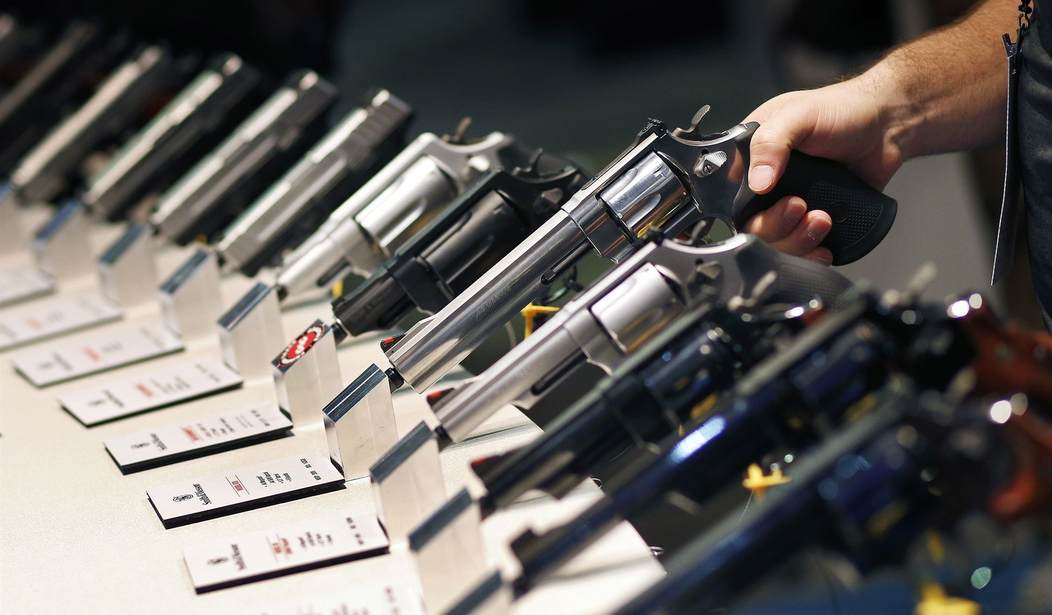Among many things said by President Joe Biden during his Thursday speech on gun control, one of the bigger headscratchers may well be his comment that none of the constitutional amendments are absolute.
Yet, he said it. We can’t pretend otherwise.
Here’s what our friends over at PJ Media had to say about it:
On Thursday, President Joe Biden announced new executive actions on gun control, trying to limit “ghost guns” and to make it easier for people to flag their own family members who shouldn’t be allowed to purchase firearms. In announcing his gun restrictions, Biden specifically addressed the Second Amendment.
While Biden insisted that none of his gun control measures impinged on the Second Amendment, he also insisted that “no amendment to the Constitution is absolute.”
“Nothing, nothing I’m about to recommend in any way impinges on the Second Amendment. They’re phony arguments suggesting that these are Second Amendment rights at stake for what we’re talking about,” he argued.
Then came the key statement: “But no amendment, no amendment to the Constitution is absolute.”
“You can’t yell ‘fire’ in a crowded movie theater. Recall the freedom of speech. From the very beginning, you couldn’t own any weapon you wanted to own. From the very beginning the Second Amendment existed, certain people weren’t allowed to have weapons,” Biden argued. “So the idea is just bizarre to suggest that some of the things we’re recommending are contrary to the Constitution. Gun violence in this country is an epidemic.”
OK, the “can’t yell fire in a crowded theater” thing has long since been debunked. You actually can under any number of circumstances without any negative ramifications.
But otherwise, is Biden right about amendments not being absolute?
Obviously, I disagree, but I suspect that pretty much everyone disagrees with the president on this, including the president himself.
After all, if the First Amendment isn’t absolute, then why can’t Islam be banned in the United States? After all, it’s a faith tied to terrorist acts all across the world. Can it be allowed to exist within the United States?
The Third Amendment not being absolute means we all should be ready to quarter troops at our own expense. It’ll sure cut down on what the DOD pays for housing, that’s for sure.
And the Fourth Amendment? Who really needs a warrant, anyway, right?
Good news for Democrats, though. If the 13th Amendment isn’t absolute, then Democrats can get their slaves back to some degree.
With the 19th Amendment not being absolute, then that means not all women should get the right to vote. Or, conversely, it means those who don’t identify as either male or female aren’t covered by this non-absolute amendment.
Honestly, I could go on and on about this, and yes, some of these are taken to a ridiculous degree. Not being absolute doesn’t mean they have no meaning at all.
The problem, though, is that the only right that’s not really considered absolute is the Second Amendment. Even Biden or his staff know the “fire in a crowded theater” thing has long ago been debunked. I’d lay odds that it was only mentioned as a way to try and deflect away from the fact that the Second Amendment is the only one people are really OK restricting.
But once you establish that one amendment doesn’t really mean what it says, it becomes so much easier to do the same with the rest.








Join the conversation as a VIP Member